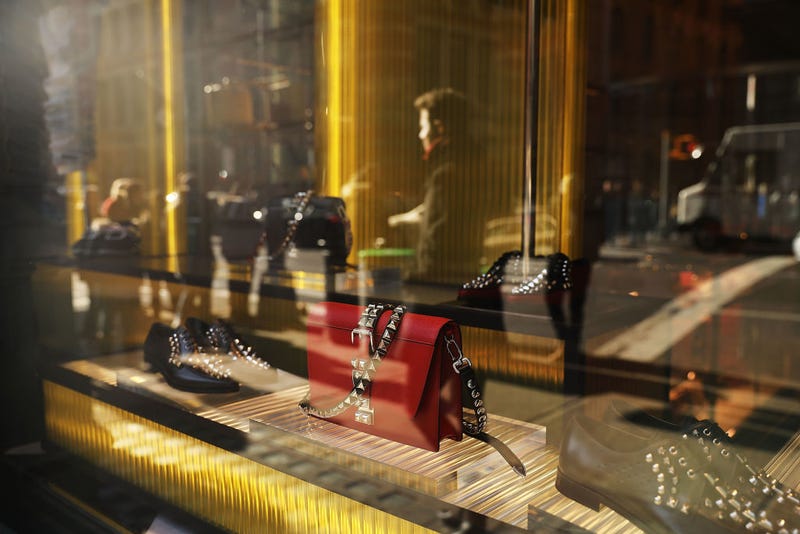
U.S. Customs and Border Protection agents have seized two Chinese cargo shipments full of counterfeit designer goods, authorities announced today. The shipments were seized at the Los Angeles and Long Beach Seaport complex in July, and allegedly contained more than 39,000 products.
If sold as genuine, the seized merchandise could have had a combined estimated manufacturer’s retail price of over $50 million, CBP agent Jaime Ruiz said.
The shipments reportedly contained footwear, handbags and a variety of other fashion accessories bearing trademarks of luxury brands like Gucci, Louis Vuitton, Prada, Yeezy, Versace and Balenciaga.
While counterfeit luxury goods, such as fake designer handbags, have traditionally been sold through underground retailers, Ruiz said e-commerce has facilitated a booming trade in replicas passed off as the legitimate products, often sold to unknowing consumers at full retail price.
Beyond the obvious economic impacts of the rip-off luxury market to individual consumers, Seaport director Donald R. Kusser said the products can also pose safety risks to the broader public.
“Illicit goods trafficked to American consumers by e-commerce platforms and online third-party marketplaces threaten public health and safety,” he said.
A joint report by the Organization for Economic Cooperation and Development and the International Criminal Court’s Counterfeiting Intelligence Bureau has concluded that, because counterfeit luxury items are not subject to the same manufacturing regulatory oversight as legitimate goods, they can contain materials—such as cheap dyes—that are potentially toxic to humans.
“The size of these fraudulent shipments clearly demonstrates the greed and risks transnational criminal organizations are willing to take in order to increase their illicit profits,” CBP Director of L.A. Field Operations Carlos C. Martel said.
Consumer safety advocates have warned that smugglers can reinvest such profits into further criminal enterprises that pose even more immediate health and safety risks to Americans—such as the manufacturing and sale of substandard household cleaning supplies, medicines, or technology pawned off as legitimate, trustworthy models. Counterfeit computer chips, mobile phone batteries and memory cards, for example, have caused fires.
